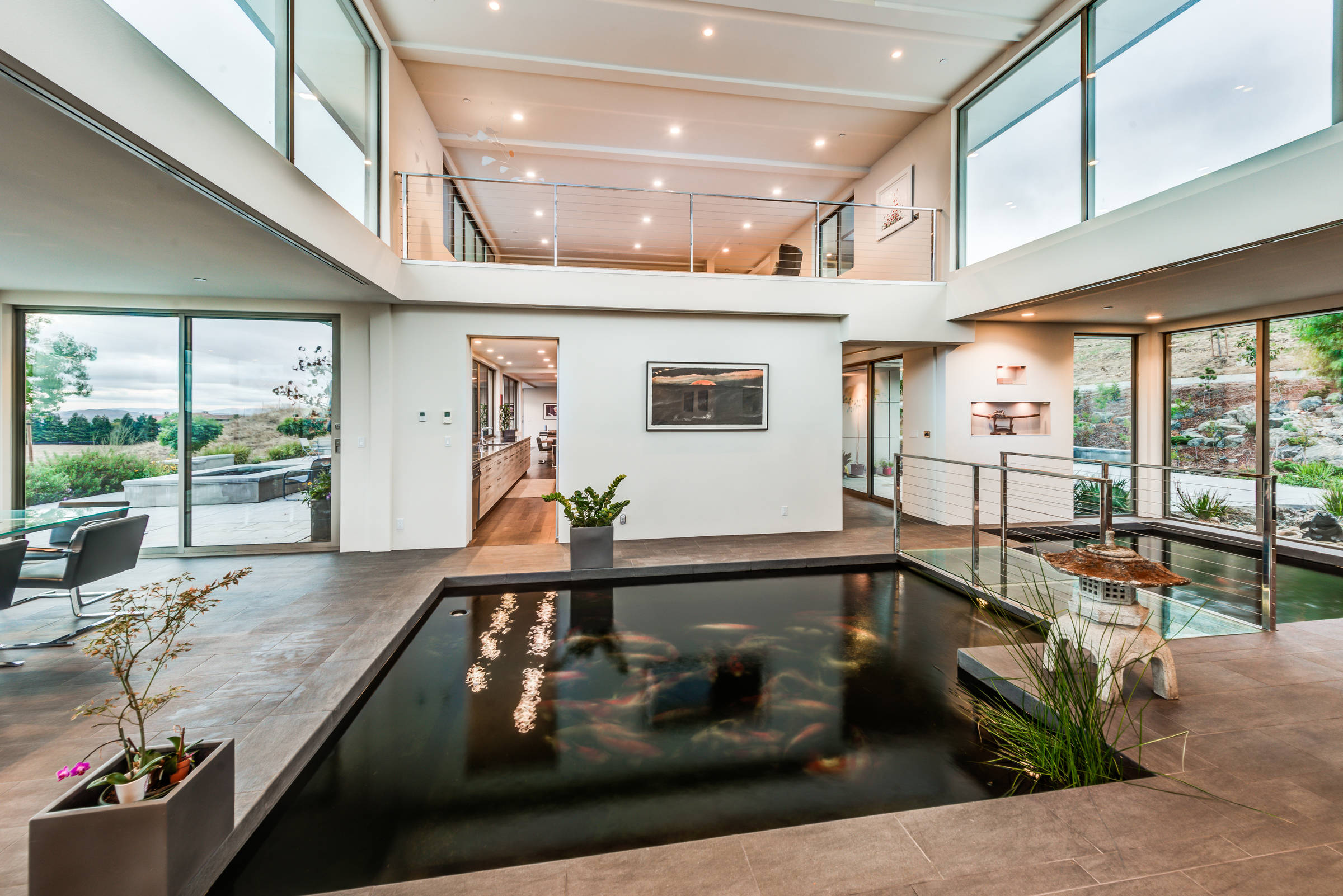Gone are the days when smart home technologies were exclusively associated with homeownership. Today, renters are equally enthusiastic about embracing the benefits that these cutting-edge innovations bring to their living spaces. In this article, we delve into the fascinating world of what renters truly want from smart home tech, uncovering their expectations and exploring the growing demand for these transformative amenities in rental properties.
Why Should You Include Smart Home Tech In Your Rental Property?
What was once considered a luxury has swiftly transformed into an integral part of our daily lives, revolutionizing the comfort and efficiency of our homes. This accessibility has extended to rental properties, catering to the needs and desires of tenants across the spectrum. According to a 2022 poll by Rent.com, an impressive 82% of renters expressed a keen interest in having at least one smart gadget or system in their rented abode, with 41% desiring 1-2 gadgets.
Investing in smart home technology can be a game-changer for lessors, offering both financial benefits and operational efficiency. By integrating smart devices into properties, property managers can achieve significant savings of up to 30% on utilities, effectively lowering costs and boosting Net Operating Income (NOI). Additionally, the implementation of smart home technology can lead to a remarkable reduction of 70-90% in water damage repair costs, resulting in a stronger bottom line.

Smart home technology also streamlines property management operations by leveraging remote access and data insights. With real-time data and insights at their fingertips, property managers can make informed decisions, proactively address issues, and optimize the overall management process. This enables them to meet the needs of renters and properties without the need for frequent on-site visits, driving greater efficiency.
Furthermore, incorporating smart home features into properties attracts tech-savvy renters who value automated, on-demand services and digital amenities. By embracing smart home technology, property managers can potentially command higher rental rates and increase property values in the long run. By meeting the desires of today's renters lessors can stay ahead of the competition and create a more desirable living experience for their tenants.
What smart home products do renters want most?
Renters often look for smart home products that are easy to install and don't require permanent modifications to the rental property, while lessor deems to utilize the technology to make their rental more attractive and allow them to charge higher rents. Here are some popular smart home products for renter’s preference:
1. Smart bulbs are a great way to add smart lighting to your rental without rewiring or making any permanent changes. They can be controlled remotely, put on a schedule, or triggered by other smart devices.
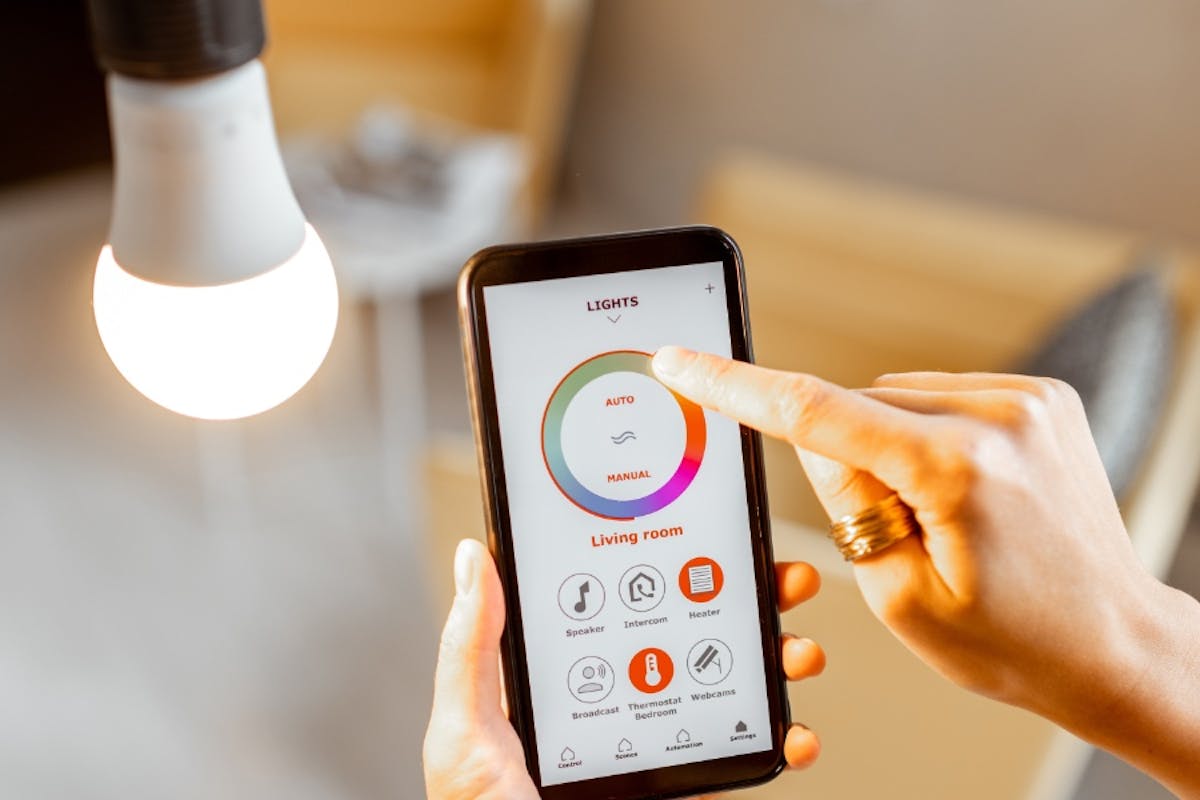
2. Smart plugs allow you to control, schedule, and automate electronic devices using your smartphone. They are small and can be plugged into any outlet.
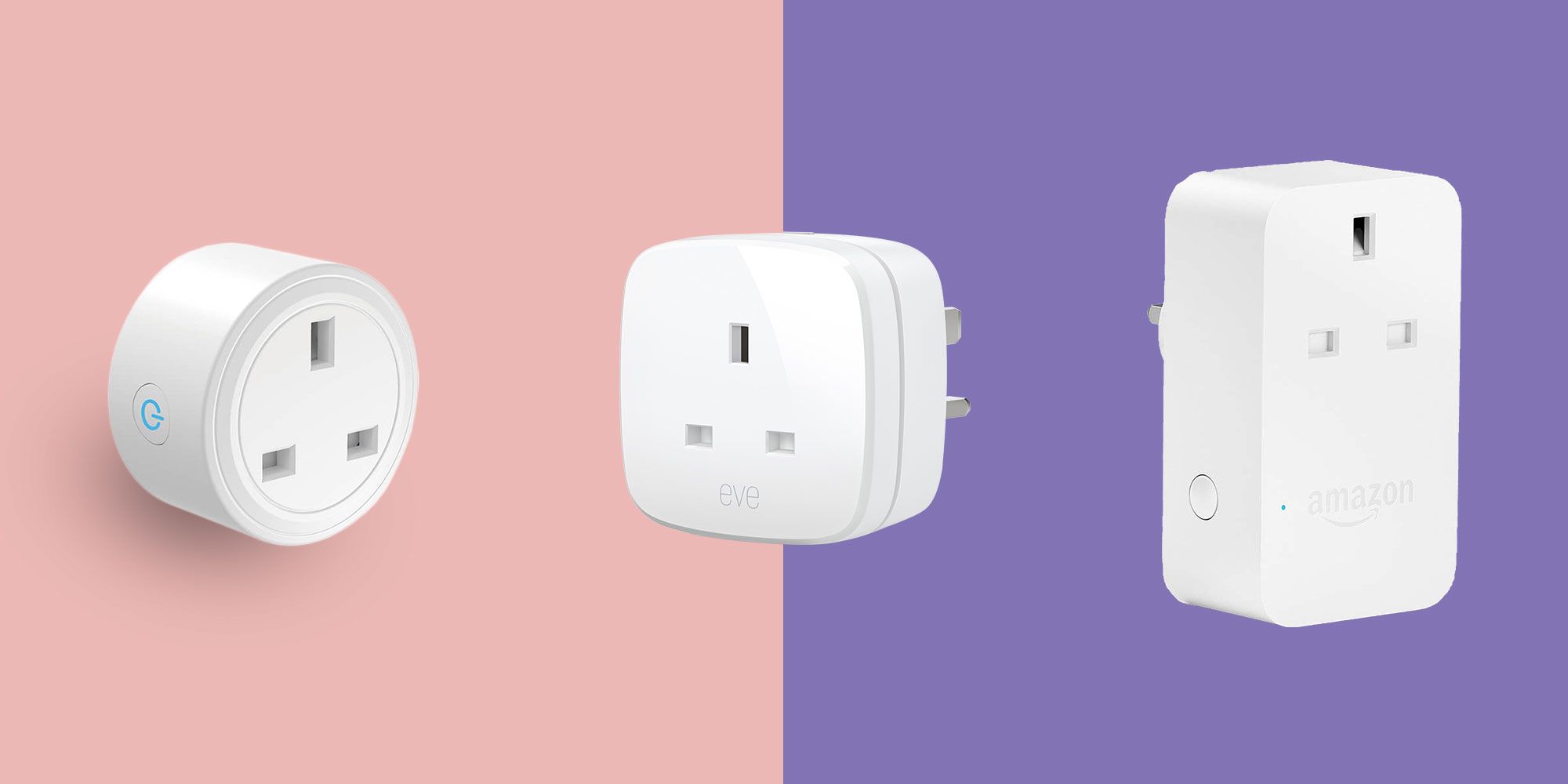
3. Wireless DIY home security systems are ideal for renters as they don't require running wires or calling a service technician.
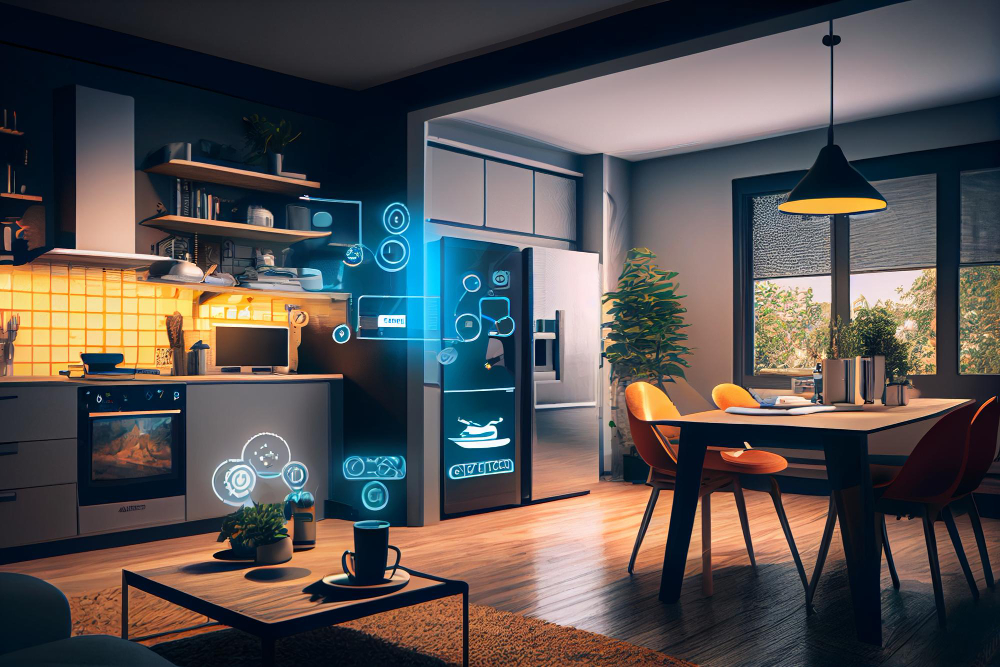
4. A smart smoke detector is a valuable safety device that can send alerts to your smartphone when you're not home. It can alert you to danger with voice prompts and smartphone notifications and has additional features like self-check mode and integrated night light.
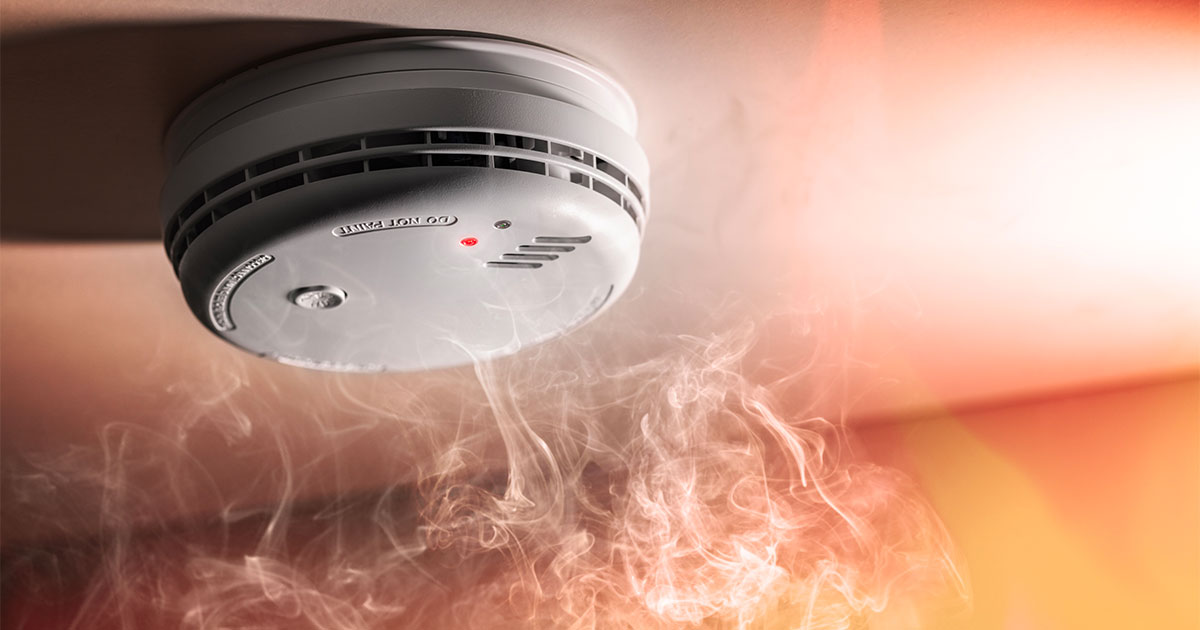
5. Indoor security cameras can provide peace of mind for renters. Eufy Solo IndoorCam C24 is a popular choice due to its small size, ease of use, affordability, wireless, and excellent video quality.

6. A smart door lock offers keyless entry and allows you to provide scheduled or short-term access to others.

7. Smart speakers provide voice control and can be used for playing music, setting timers, ordering food, and controlling other smart devices. They are compact and can fit into small spaces.
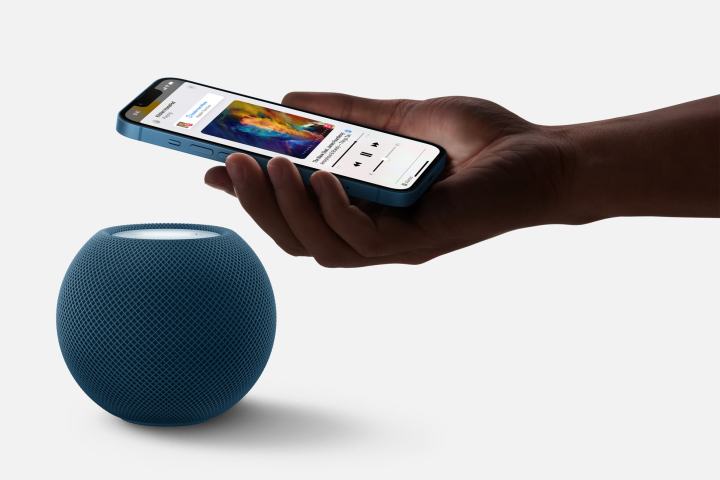
Is it safe around children?
Smart home technology offers numerous conveniences and efficiencies, but concerns about its safety for children persist. While the use of smart devices can enhance our lives, it is vital to understand and address potential risks.
One primary concern is the collection and storage of personal data. Smart home devices often gather information about users' habits, preferences, and even sensitive data. Protecting this data from unauthorized access is crucial to safeguarding children's privacy. Manufacturers must implement robust security measures and encryption protocols to prevent breaches that could compromise personal information.
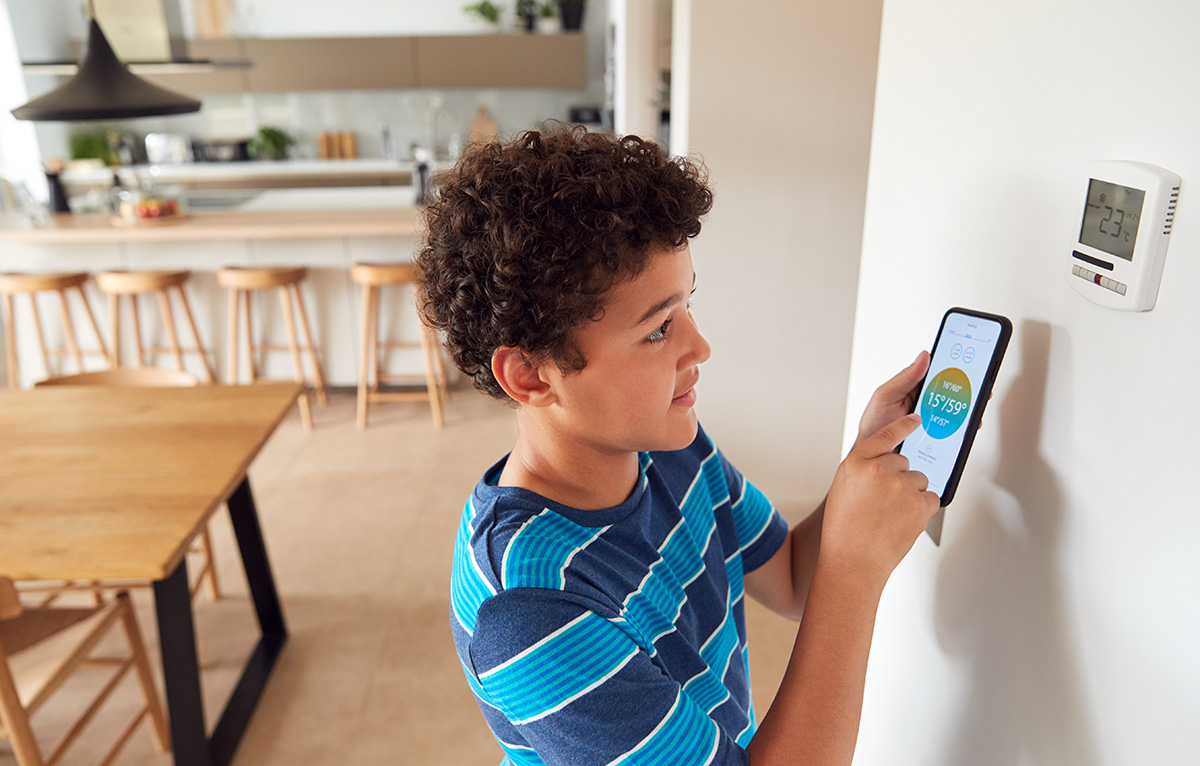
Another aspect to consider is the potential impact on children's physical safety. Smart devices can control various aspects of the home environment, such as temperature, lighting, and security systems. It is essential to ensure that these devices are childproof and cannot be tampered with or manipulated by curious children, as misuse could lead to accidents or injuries.
Moreover, excessive reliance on smart technology may hinder children's social and cognitive development. Overexposure to screens and virtual interactions could impede their ability to develop interpersonal skills and creativity. Parents should strike a balance between utilizing smart home technology and providing ample opportunities for children to engage in physical activities, imaginative play, and face-to-face interactions.
By being mindful of these concerns and implementing appropriate safeguards, parents can harness the benefits of smart home technology while ensuring their children's well-being.
What are the drawbacks of smart home technology in rentals?
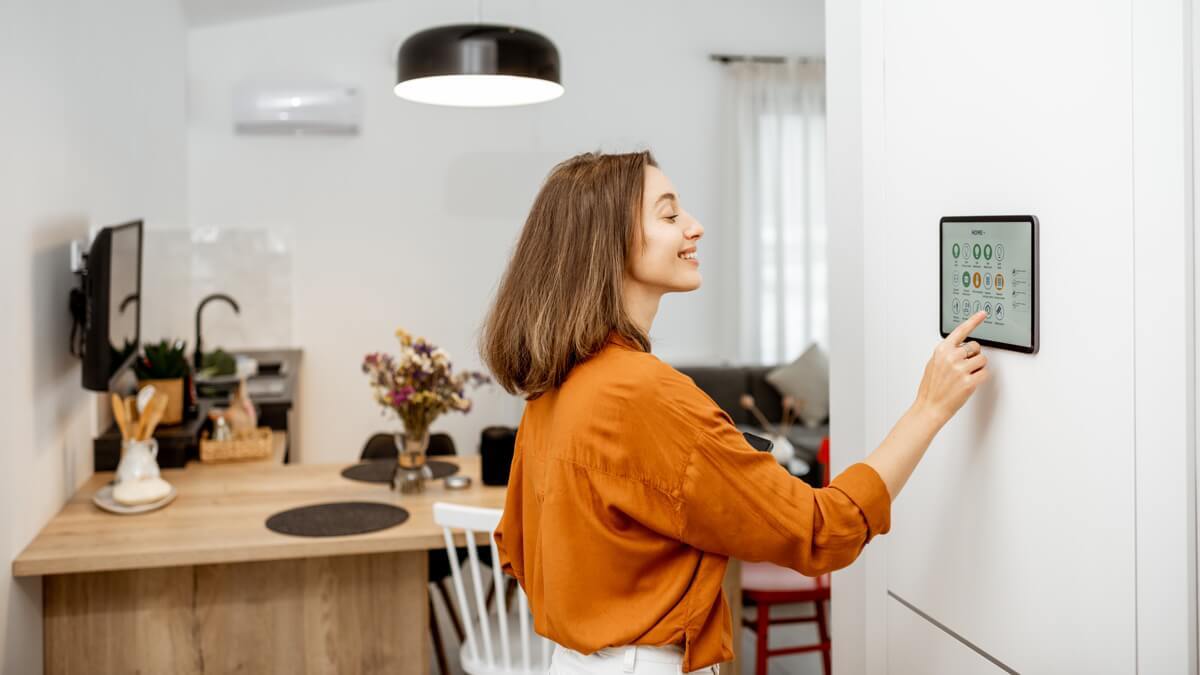
- Investing in smart home devices may not be worth the upfront investment if the technology doesn't increase the perceived value of the home. This can eat into rental cash flow.
- Not all smart home technology will be compatible with residents' devices. Incompatible or unreliable devices won't provide value to renters.
- Connected rental homes can create privacy concerns for residents. Filming devices within the home could violate privacy. Connected devices could also potentially be hacked.
- Network outages or device malfunctions have the potential to cause issues if residents can't control smart devices until issues are resolved. This could lead to distressed phone calls to landlords.
Conclusion
Investing in smart home technology offers numerous advantages for lessors, including cost savings, operational efficiency, increased rental rates, and higher property values. By embracing this technology, property managers can unlock the potential for a more profitable and enjoyable rental experience.




